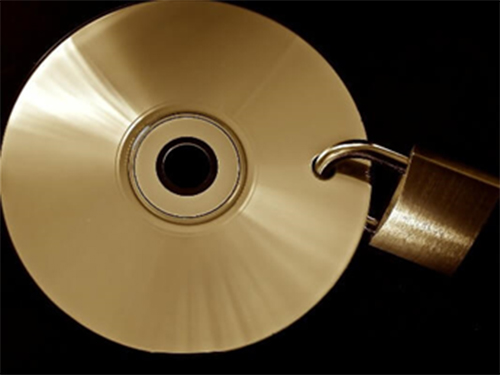Almost every company today has to deal with the increasing array of industry and legislative requirements, largely surrounding data protection. Every legislative directive mandates strict document protection requirements for particular kinds of information within one’s business; this information revolves around the very nucleus of the business such as financial information or customer data. In a number of cases, these requirements are extremely precise with regards to technicality. For instance, the Payment Card Industry Data Security Standards (PCI DSS), mentions precise guidelines on the kind of information that should be secured, such as customer and cardholder data; when it should be secured that is while in motion and at rest; how it should be safeguarded that is through encryption.

Such technical demands can sometimes be highly unmanageable to enforce from a technology point of view. Some of the requirements of compliance policies include:
- Encrypting information while data is at rest
- Encrypting data during motion within the organisation, particularly if such communication takes place over a network that is publicly accessible
- Encrypting information using communication to your record business associate
- Safely wipe off copies of the information or temporary files created during communication
- Observe access to information by every individual while at rest
- Observe every move of the information while being transmitted
- Securing the tracked data in a safeguarded, locked database or log
- Control who can initiate communication of precise types of information
To deal with a number of these requirements, managed file transfer (MFT) can be used. By implementing an accurately configured MFT system to communicate information, both within the company and outside, an organisation can become compliant with a number of mandated requirements effortlessly. However, it must be noted that an MFT solution does not directly address the requirements for the security of data at rest and can primarily be used only when the data is being communicated. This is because MFT solutions often keep a transitory file of any documents or data during communication, and they are often affected by the requirements of data at rest.
An exceptional MFT solution should totally secure access to transitory files so that only the MFT system can gain an approach to those files and any approach to those files gets scrutinised. In a typical situation, an effective MFT system will also depend upon the fundamental operating system to render security and auditing for the files. A good MFT solution will also render the power to instinctively and safely erase temporary files that are not necessary, cutting down the probabilities that those files become the cause of a data breach. The actual value of compliance comes in when the MFT solutions starts to work on the data as it goes into motion.
On the whole, to understand if Managed File Transfer solutions can help your organisation meet and maintain its compliance requirements, it is important that your company be able to define the jurisdictive or industry standards that deals with the particular business, your company is in, and view precisely how the specific MFT solution can cover the particulars of those principles.
Can Managed File Transfer Meet Demands Pertaining To Your Organization?,




